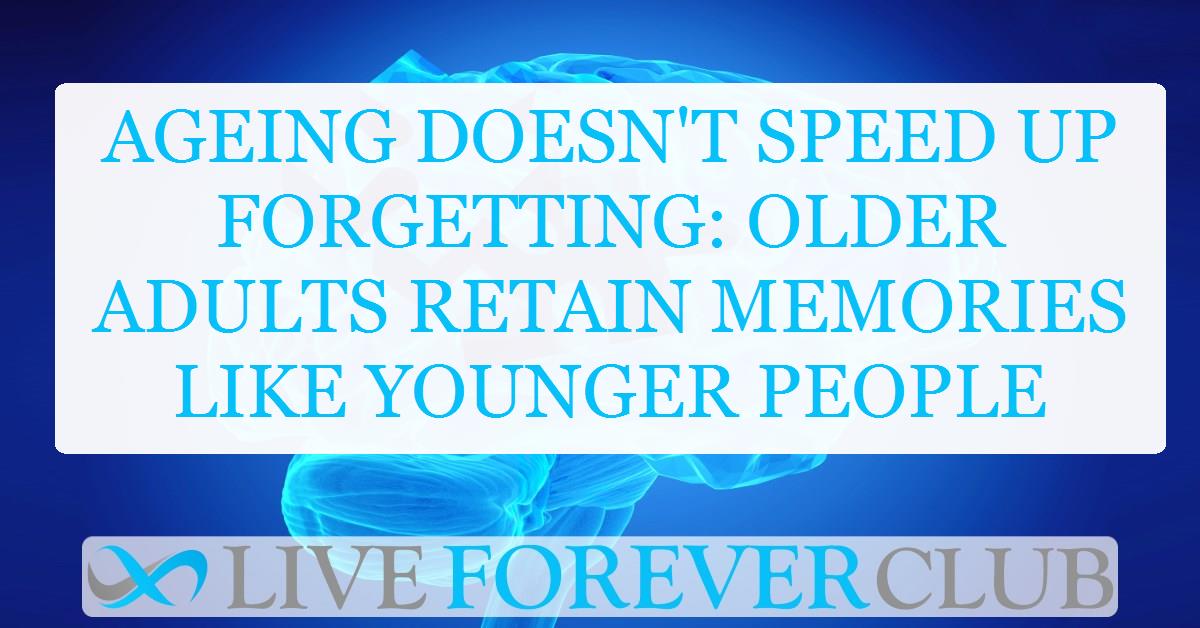When it comes to ageing, many of us assume memory decline is inevitable. However, a recent study published in Scientific Reports challenges this narrative. Martina Studer and her team explored memory retention across different age groups and found that forgetting rates are surprisingly comparable between healthy young and older adults.
Ageing diminishes memory: True or False?
The research involved 236 healthy participants aged 18 to 77. The participants were divided into three groups: young adults (18–29), middle-aged adults (30–59), and older adults (60–77). The study assessed episodic memory—the ability to recall specific events—using a verbal learning test. Participants learned a list of words and were tested on recall and recognition at intervals of 2 minutes, 30 minutes, and 1 week after learning.
Despite assumptions that ageing diminishes memory, the researchers observed no evidence of accelerated long-term forgetting in healthy older adults. While older participants learned fewer words initially, their forgetting rates over time were similar to those of younger participants.
Surprising findings
Memory Loss Over Time
The study found that everyone, regardless of age, forgets some information over time. However, older adults didn’t forget more than younger adults over the course of a week. This means ageing does not inherently cause faster forgetting, at least in healthy individuals.
Learning Differences
Older participants took longer to learn new information, such as a list of words. This slower pace is likely due to natural changes in the brain with age, including reduced processing speed (how quickly the brain works) and executive function (skills like planning and focusing).
Sleep and Memory
Even though older adults reported worse sleep quality (like spending less time sleeping while in bed), this didn’t affect their ability to remember things over the long term. Their memory consolidation—how the brain strengthens memories after learning—remained unaffected.
According to the authors, “Accelerated long-term forgetting might reflect lurking brain pathology and imminent disease.”
False Alarms and Familiarity
The study also highlighted a trend among older adults: they were more prone to false alarms during recognition tests. This means they often mistook unstudied words for those they had learned. Researchers believe this might stem from an increased reliance on familiarity rather than precise recollection.
The findings are significant for distinguishing normal ageing from early signs of neurodegenerative diseases like Alzheimer’s. Accelerated long-term forgetting—marked by disproportionate forgetting over days or weeks—is often linked to pathological conditions. In contrast, healthy older adults retain memory at a rate similar to younger individuals.
The researchers suggest that clinicians assess memory retention over several days to identify early cognitive decline. They add, “Accelerated long-term forgetting might be a biomarker for an incipient neurodegenerative process.”
Implications for Healthy Ageing
This study highlights a positive aspect of ageing: healthy older adults can retain memories over time just as well as younger people, despite learning more slowly. It’s normal for ageing to bring some changes, such as slower processing or more mistakes in recognizing familiar items. However, the study shows that the ability to hold onto memories over days or weeks remains strong.
The findings emphasize the value of keeping the brain active to maintain cognitive health. Engaging in mentally stimulating activities, like solving puzzles, learning new skills, or staying socially connected, can support memory and thinking abilities. These activities help strengthen the brain’s executive functions, which are crucial for planning, focusing, and organizing information.
Future of Memory Research
The team notes some limitations in their work, including uneven sample sizes due to recruitment challenges during the COVID-19 pandemic. Future studies might explore memory retention over longer intervals or use more varied memory tests to capture subtle differences across age groups.
For now, these findings serve as a reminder that healthy ageing does not necessarily equate to accelerated memory loss. As we continue to unravel the mysteries of the ageing brain, studies like this redefine what it means to grow older with cognitive vitality.
The study is published in the journal Scientific Reports. It was led by Martina Studer from University Children’s Hospital Basel (UKBB), Basel, Switzerland.






